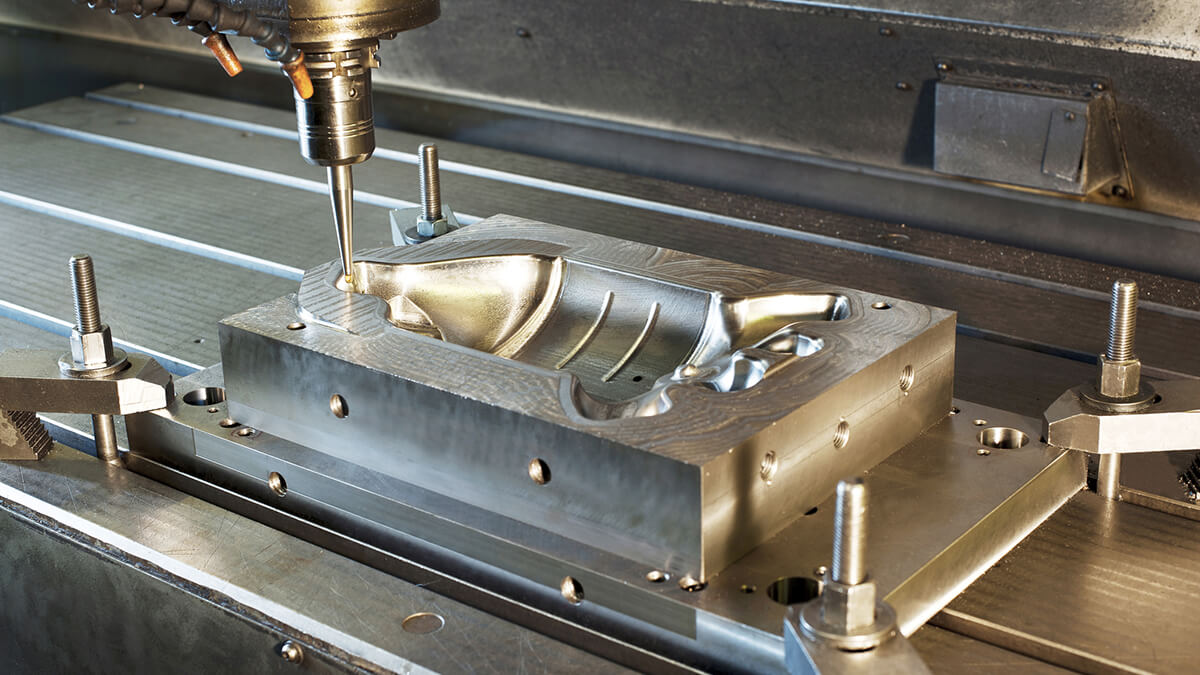In the realm of modern engineering and manufacturing, A356 Aluminum Casting have earned a well-deserved reputation for their exceptional strength and durability. Whether you’re talking about components for the aerospace industry, automotive parts, or various machinery, aluminum castings consistently prove their mettle in demanding applications. In this blog, we’ll delve into the remarkable strength and durability of aluminum castings and explore why they remain a material of choice across various industries.
The Casting Process
Before we dive into the specifics of aluminum castings, it’s essential to understand the casting process itself. Casting involves melting a metal, in this case, aluminum, and pouring it into a mold to create a specific shape. Once the molten aluminum cools and solidifies, it takes on the shape of the mold, resulting in the desired component.
Aluminum’s Inherent Strength
Lightweight Yet Strong
One of the key attributes that make aluminum castings stand out is their excellent strength-to-weight ratio. Aluminum is an inherently lightweight metal, making it ideal for industries where weight reduction is a priority, such as aerospace and automotive. Despite its low density, aluminum castings boast impressive tensile and yield strengths, ensuring that they can handle heavy loads and rigorous conditions.
Superior Corrosion Resistance
Aluminum’s natural oxide layer provides outstanding corrosion resistance. This makes aluminum castings well-suited for outdoor applications where exposure to moisture, salt, and other corrosive elements is a concern. Components like marine hardware, outdoor architectural elements, and vehicle parts benefit from aluminum’s ability to withstand the elements over time.
Durability in Demanding Environments
Aerospace Applications
Aluminum castings have a long history in the aerospace industry, where the demand for lightweight yet robust components is paramount. Engine components, structural elements, and landing gear parts are often made from aluminum castings. Their ability to withstand high-stress conditions, extreme temperatures, and rapid changes in pressure make them crucial to the safety and performance of aircraft.
Automotive Industry
In the automotive sector, aluminum castings play a pivotal role in enhancing both performance and fuel efficiency. Engine blocks, transmission cases, and suspension components are commonly produced using aluminum casting techniques. These parts must endure intense heat and mechanical stress, making the durability of aluminum castings invaluable.
Industrial Machinery
Aluminum castings find applications in various industrial machinery, from hydraulic systems to manufacturing equipment. Their strength and resistance to wear and tear are crucial for ensuring the longevity and reliability of these machines.
Quality Control and Precision
The strength and durability of aluminum castings are not solely attributed to the material itself but also to the precision and quality control measures employed during the casting process. Skilled foundry workers meticulously control factors like temperature, cooling rates, and mold quality to ensure that each casting meets exacting specifications.
Conclusion
Aluminum castings represent a marriage of lightweight design and robust performance. Their impressive strength and durability make them indispensable in industries where reliability, longevity, and weight considerations are critical factors. As technology and manufacturing processes continue to evolve, aluminum castings will likely remain at the forefront of innovation, enabling the creation of ever more resilient and efficient products across a wide range of applications.
